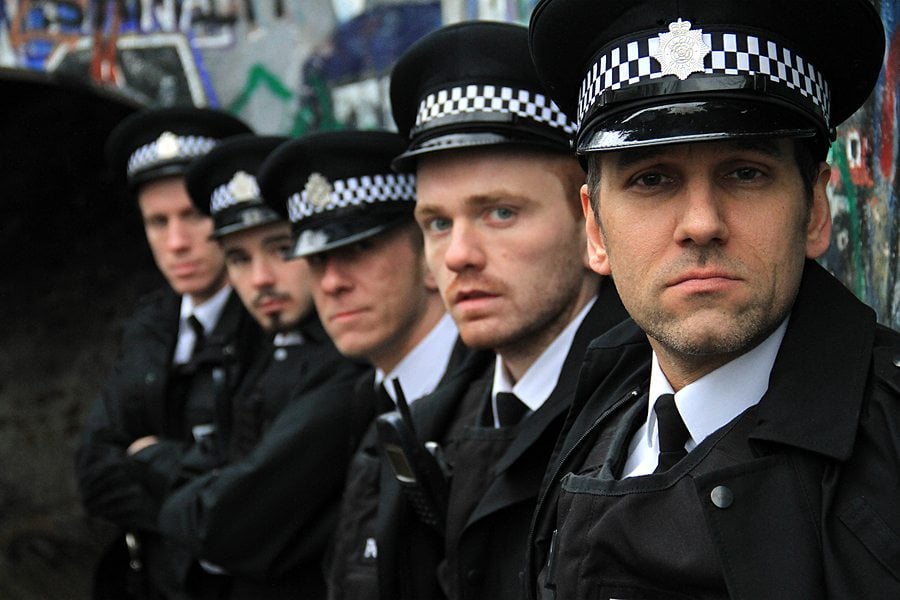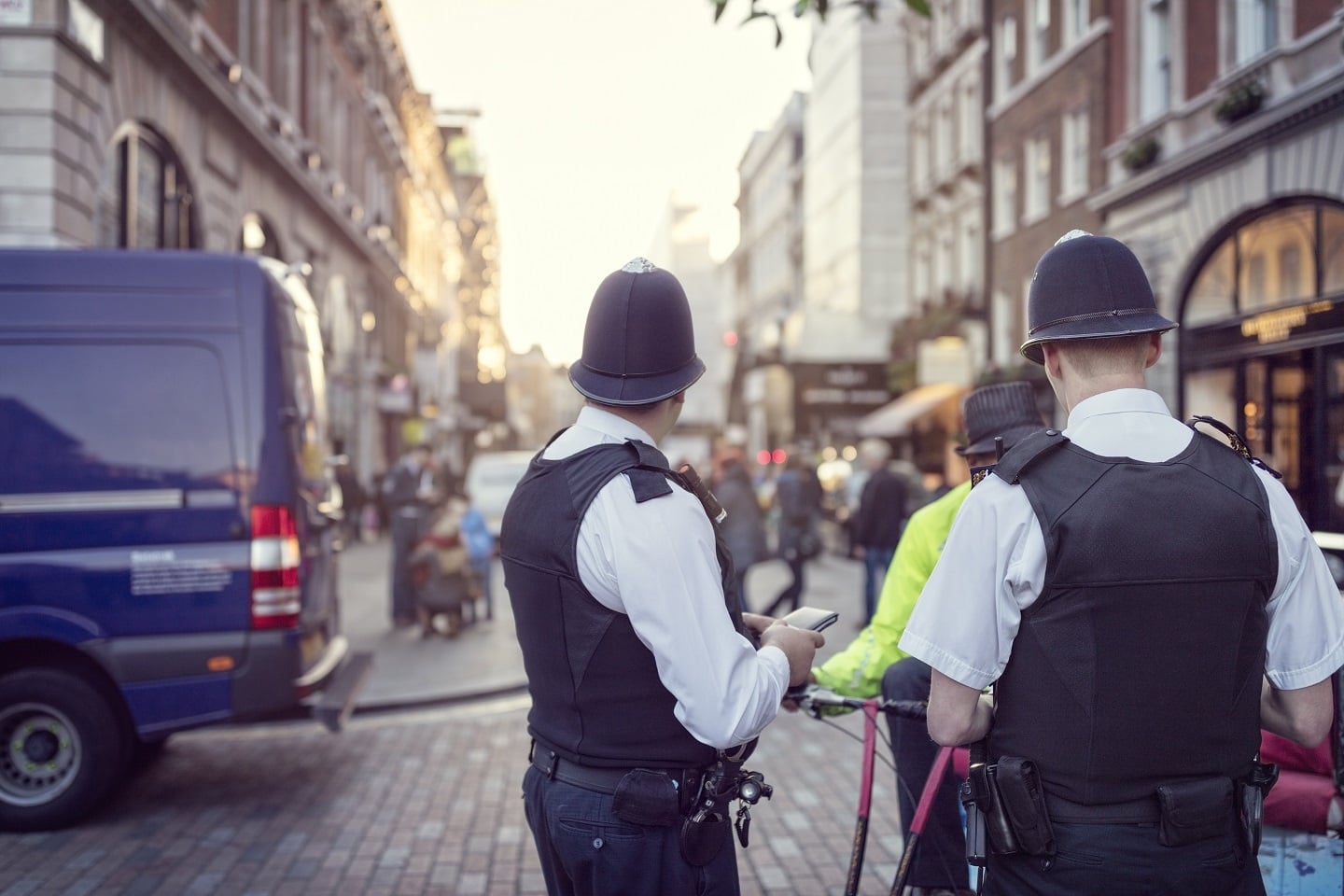
When joining the Police Service in Britain, you’ll need to pass a number of different selection stages. These can differ depending on the constabulary that you are applying to; but every candidate will need to attend what is known as the National Police Assessment Centre. During this assessment centre, you’ll have to pass a variety of selection tests. The question is, how relevant are these selection tests? And how do they impact upon the police service in general? In this blog, we’ll investigate.
Police Selection Process: Relevant Or Irrelevant?
To start off with, let’s look at a typical example Police selection process:
Application Form. The first stage of the typical police selection process starts with the candidate having to fill in an application form. The application form is based on the national police competencies, you’ll have to fill in your personal details and then answer a series of questions. In order to answer these questions, you will need to use your life experiences, describing certain specific situations where you exhibited the police core competencies. You won’t just need to tell the assessors what you did, but how you did it. You’ll need to tell them the type of things you said to deal with the situation, and how you displayed other verbal and non-verbal communication skills, for example – lowering your voice or establishing an open and non-threatening body posture.
Phone Interview. Next up, you’ll have to pass a police selection process phone interview. Just as you would during the application form, you will be expected to answer in a certain way, and will need to use your life experiences to score highly. During this interview, you will need to be authentic, and you must know how to present your answers in a way which will allow the assessors to score you highly. You can expect probing questions based on each of your answers; such as how did you monitor your progress, what type of things did you take into consideration and what did you learn from this situation? When answering these questions, you should use the STAR method.

So, why are these stages helpful and unhelpful? Let’s start with the helpful. Firstly, it goes without saying that the police selection process core competencies are a fundamental and important aspect of police work. Competencies such as professionalism and responsibility provide the backbone for police officers to behave in the way expected of them. Therefore, it’s extremely important for the police service (especially given the number of candidates) to filter out candidates who can’t display the core competencies even at these early stages. Likewise, the phone interview is important as it gives the interviewers a feel for your personality.
However, despite all this; it’s entirely possible for candidates to ‘beat the system’. Obviously, you should only apply for the police service if you are wholly dedicated to the cause; but the fact is that it’s relatively simple for anyone to research and then use the core competencies in their responses. Long term usage of this marking system has led to what has almost become ‘stock responses’ to the application form questions; meaning that many candidates are disingenuous on their application form. This is in contrast to the police application guidelines, which emphasise the need for you to ‘be yourself’ at all stages during the process.
Assessment Centre. The next stage is an police selection process assessment centre. All applicants to the police service will need to attend this stage (assuming they pass the prior stages). At the assessment centre, you’ll face a series of tests, which will include:
- A written exercise
- A role play exercise
- A face to face structured interview

Each of these exercises will test you based on how well you meet the competencies of being a police officer. At all times, you are encouraged to be yourself. But here is the problem – the role play encourages you to be someone else! During the role play, you will act the part of a ‘customer services officer’, with another trained actor playing the part of customer/complainant, who needs their problem resolved by you. Thus, the assessment isn’t testing who you are, but how well you can play the part of someone else. It’s true that you are being tested on your ability to handle difficult situations, but wouldn’t it be better for the assessors to test people based on their personalities rather than that of someone else? Put them in emotional situations and see how they react, rather than giving them an exercise which can easily be prepared for in advance. It’s becoming too easy for police selection process candidates to ‘beat the system’.
The final stage of the assessment centre is a structured interview. This will be a strictly timed process, where an assessor will ask you 4 questions. You’ll have 5 minutes exactly to answer each question, and the assessor will stop you once you’ve gone over this. 2 of the questions will be based around the core competencies, and 2 of them will be based around your values and motivations for joining the force. You’ll be asked questions on topics such as ethics, accountability, integrity and decision making. Once again, while this interview does test you on your personality, it’s still not a good indication of how competent a person actually is. It’s too easy to prepare for these questions using the core competencies, and often enough candidates will have a very clear idea of what type of questions they’ll be asked before even attending the centre.
If you pass the assessment centre, you’ll be invited to a final interview. During this final interview, you’ll be tested more on your personality. This interview will be less strictly timed, and you’ll have more time to put yourself across. You’ll be asked questions about when you have made certain decisions and how you made them. The whole point of this interview is that there is no room for clichés. It’s a time to demonstrate the real you.
